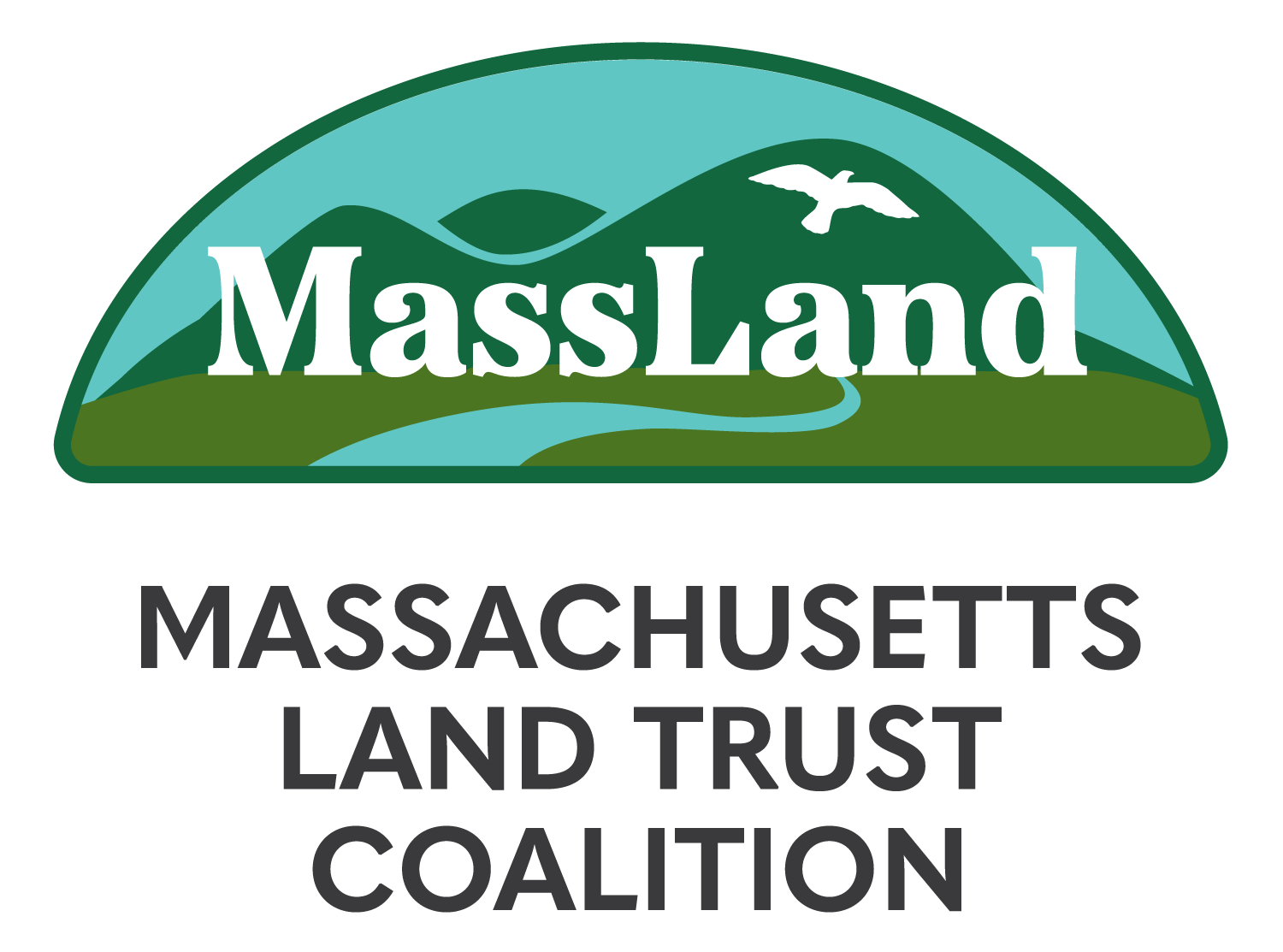|
Education on Indigenous history and culture
|
|
|
|
|
Education on the intersection of Indigenous people and land conservation
|
|
|
|
|
Information on who the Indigenous community members and entities are in my region
|
|
|
|
|
Information on the interests and needs of the Indigenous community in relation to the land trust community
|
|
|
|
|
Information on the range of ways that land trusts can engage with Indigenous communities to address land justice and equity
|
|
|
|
|
Ideas for how to build internal consensus within my organization on whether and how to engage in these issues
|
|
|
|
|
Ideas on how to communicate about these issues with members or supporters
|
|
|
|
|
A webpage with curated content for self-guided learning
|
|
|
|
|
A structured learning cohort with peers (time commitment of 10-15 hours)
|
|
|
|
|
A more in-depth structured learning cohort with peers (time commitment of 20+ hours)
|
|
|
|
|
Periodic peer-to-peer networking to share ideas and strategies
|
|
|
|

